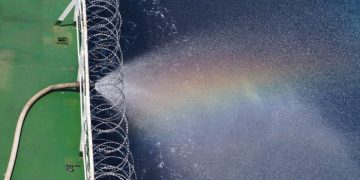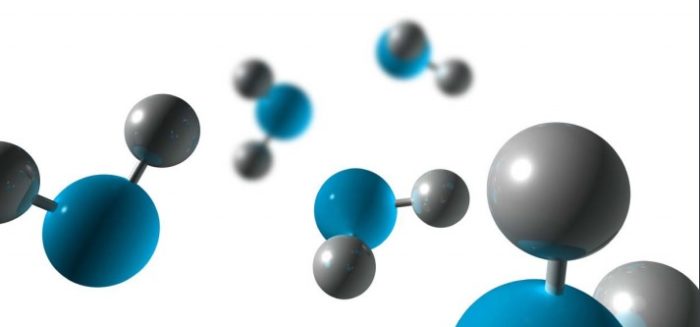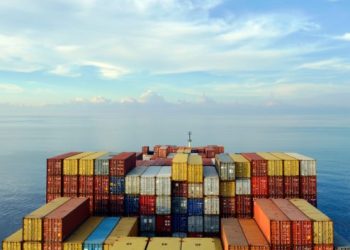RINA confirmed that the CO2 reduction achieved by the new Molten Carbonate Fuel Cells (MCFC) technology for Carbon Capture (CC) in shipping, developed by Ecospray, matches expected targets announced by the company at the beginning of the project.
Ecospray chose to use bio-LNG as fuel for the MCFC technology. The MCFC can be fueled with hydrogen, methanol, ammonia, fossil LNG, but the use of a CO2 neutral – or negative- fuel represents a plus in the application of this technology.
The statement comes after a 2-months assessment carried on by RINA, following the signing of a Memorandum of Understanding (MoU) with Ecospray back in July.
The classification society assessed the CO2 life cycle, confirming that a 500 kW MCFC, when fed with the carbon negative super bio-LNG can cut the CO2 equivalent emissions of a 10 MW engine by 20%, as calculated and stated by Ecospray.
The process combines the effect of using a bio-LNG, for which the CO2 has been captured, with the high-efficiency and carbon negative power generation capability of the system “MCFC fuel cell with the CO2 capturing feature”, a peculiarity of this specific type of fuel cell granted by its specific electrochemical composition.
The MoU also includes the assessment of feasibility of the installation of MCFC technologies on ships.
The Department of Civil, Chemical and Environmental Engineering of the University of Genoa collaborated with Ecospray for the MCFC technology, whose development began in 2020.
After completing this key stage in the validation process, Ecospray plans to start testing MCFC technologies at its Lab, equipped with engine, DeSOx scrubber and wet electrostatic precipitator, with industrialization stage expected in 2024 and launch on the market in 2025.
The 500 kW MC fuel cell is very small and compact, meaning its footprint is limited, and has little to no effect on the ship’s layout.





























































We’ll join SNAME Greek Section presenting Carbon Removal technology this month.